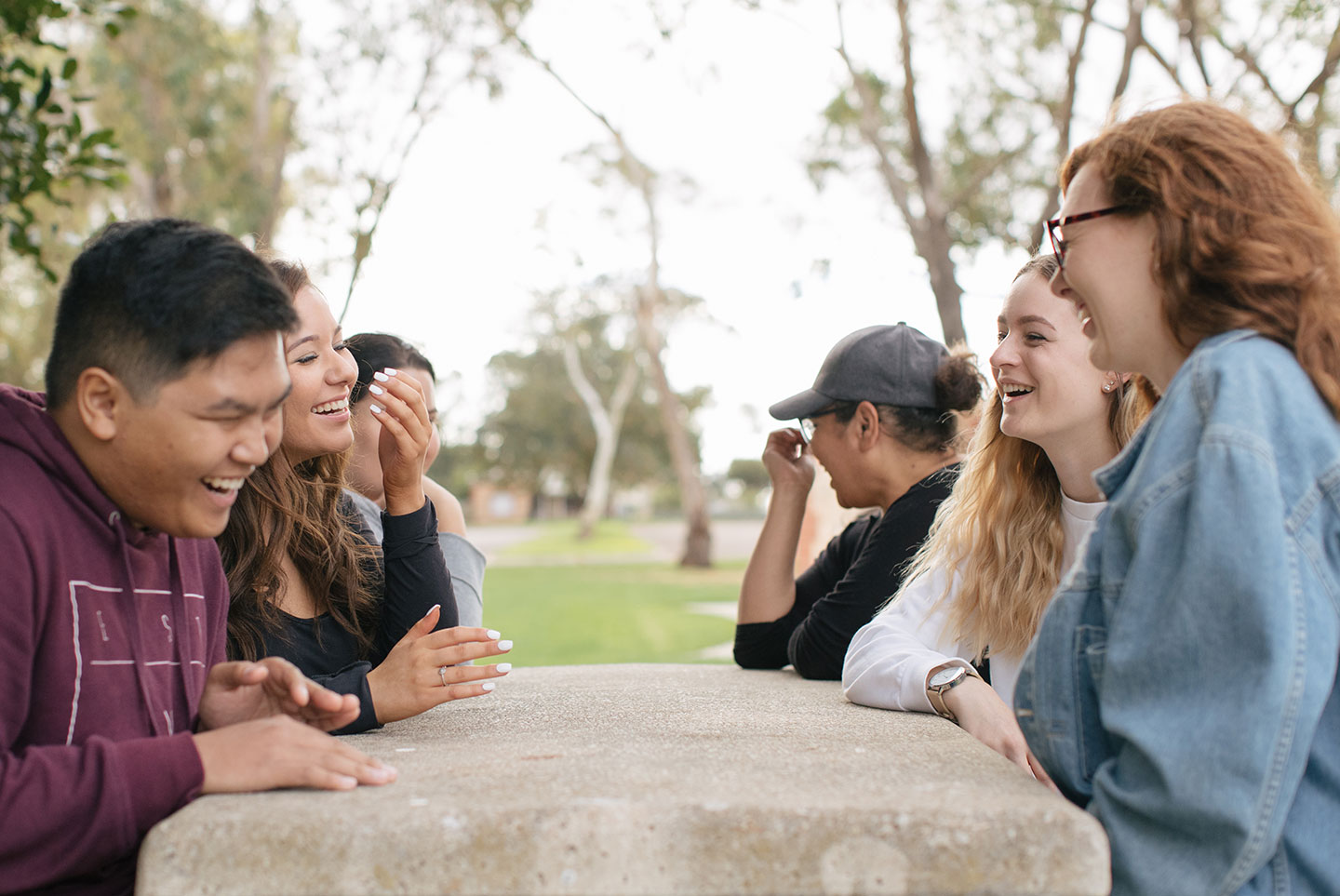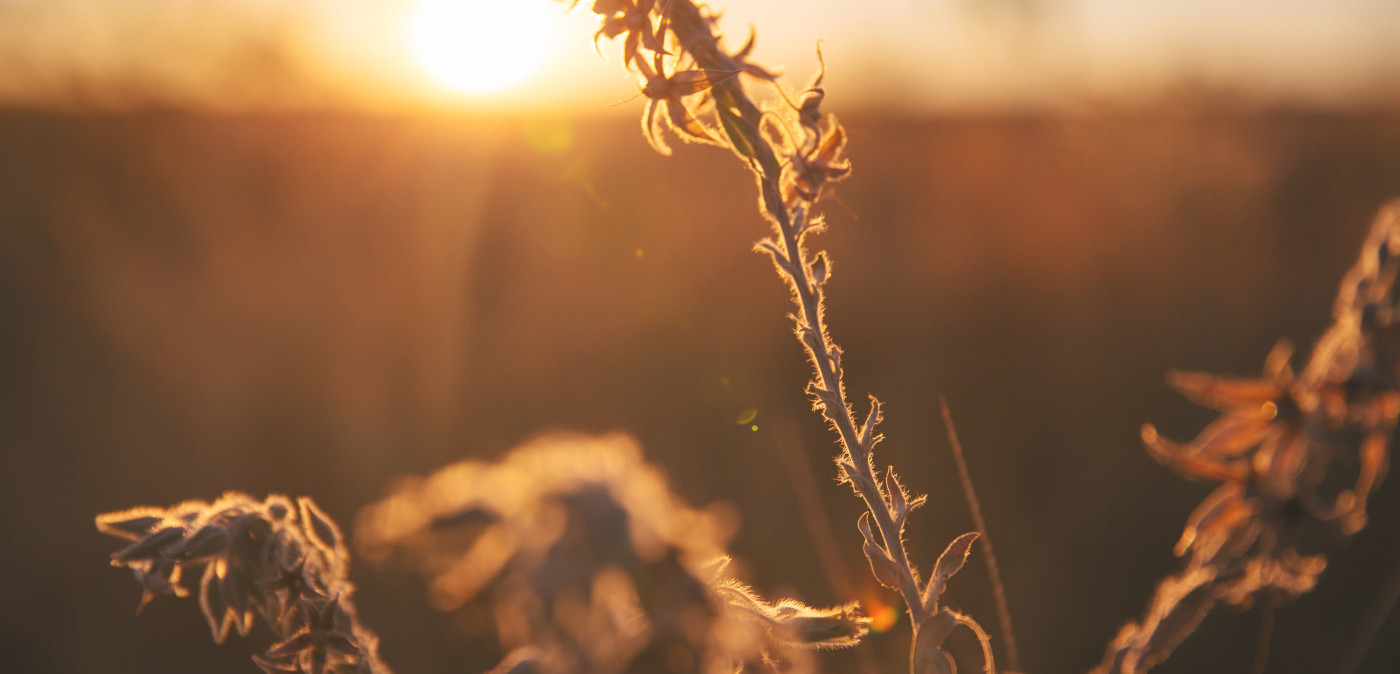Mavis Jumbiri’s understanding of forgiveness extends beyond the scope of a typical western Christian perspective. For Mavis, the weight of unforgiveness is not only a burden on our hearts, it also affects our land. Her words echo those of Solomon:
“If I ever shut off the supply of rain from the skies or order the locusts to eat the crops or send a plague on my people, and my people, my God-defined people, respond by humbling themselves, praying, seeking my presence, and turning their backs on their wicked lives, I’ll be there ready for you: I’ll listen from heaven, forgive their sins, and restore their land to health.” (2 Chronicles 7, The Message)
Mavis regards the cross as the source of forgiveness and healing, not only for humanity, but for all of God’s creation. “Because when Jesus died on that cross, that wooden cross, his blood ran down and touched the ground. So that blood wants to heal man and land as well,” she explains.
Mavis has experienced first hand the power of forgiveness in her own life and family, and has seen this healing reflected in the land around her. She recalls how she was deeply impacted when a sister in her community shared a vision of forgiveness and healing in this nation. Mavis felt God urging her to begin to realise this vision at home, by practising forgiveness. Not only did Mavis experience a weight lifted from her heart, this healing was also evident in her garden.
As we seek to move towards healing the wound in the spirit of our nation, Mavis’ words hold an important truth - "Instead of talking about unity and forgiveness, we have to come together, that’s what the Lord is looking for.”
Stop and think: what does forgiveness mean to you?
How does Mavis’ description of the multi-faceted impact of forgiveness fit with the way you think about it? Have you ever thought about forgiveness being something that has an impact beyond the immediate relationship between two people?
What do you think about the idea that elements of unforgiveness between Indigenous and non-indigenous Australians might still be hurting us as a country in some way? What do you think it might look like if, as Mavis said, we didn’t just talk about unity and forgiveness, but really came together? What would be some signs that that is happening?
Forgiveness is a word that stirs up a lot of mixed feelings in different people - and even more so when it is applied to the conversation around Indigenous and non-Indigenous Australians. We can think of forgiveness as something that has to do with blame, and that can be scary or confronting. But we can also think about forgiveness as something that has to do with transparency and respect - this is as much about the kind of future we want to build together, as it is about the past that brought us to this point.
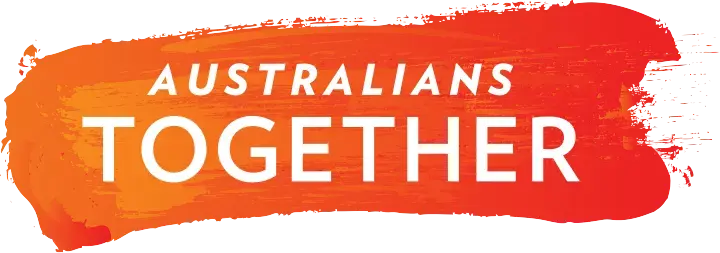
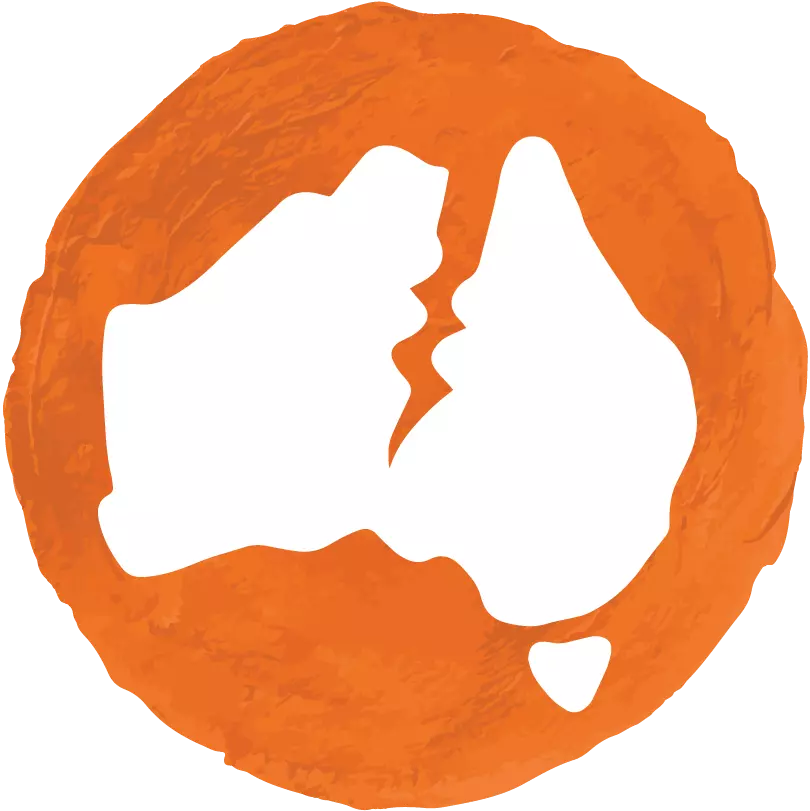 The Wound
The Wound
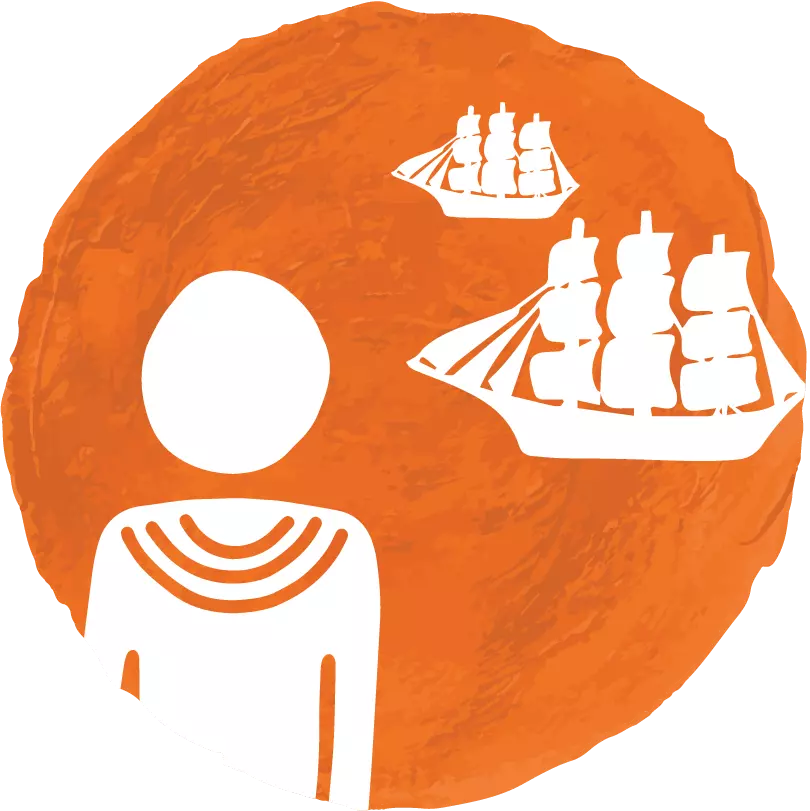 Our History
Our History
 Why Me?
Why Me?
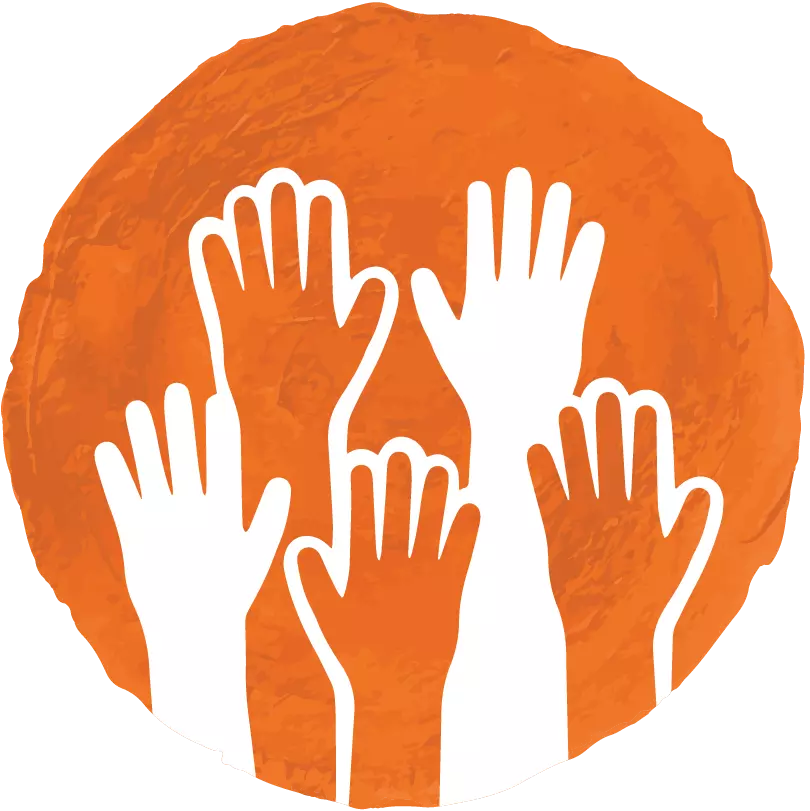 Our Cultures
Our Cultures
 My Response
My Response





